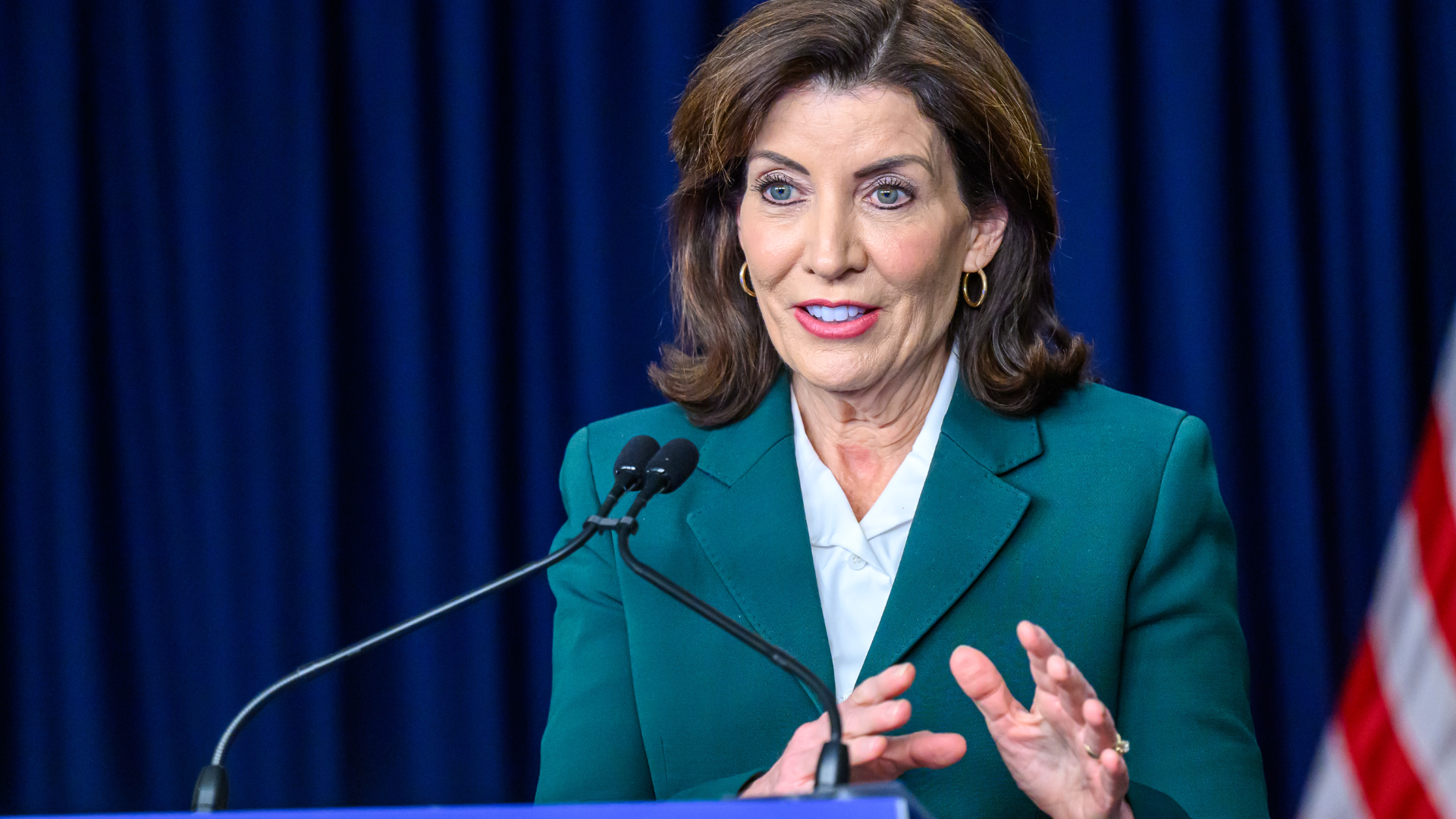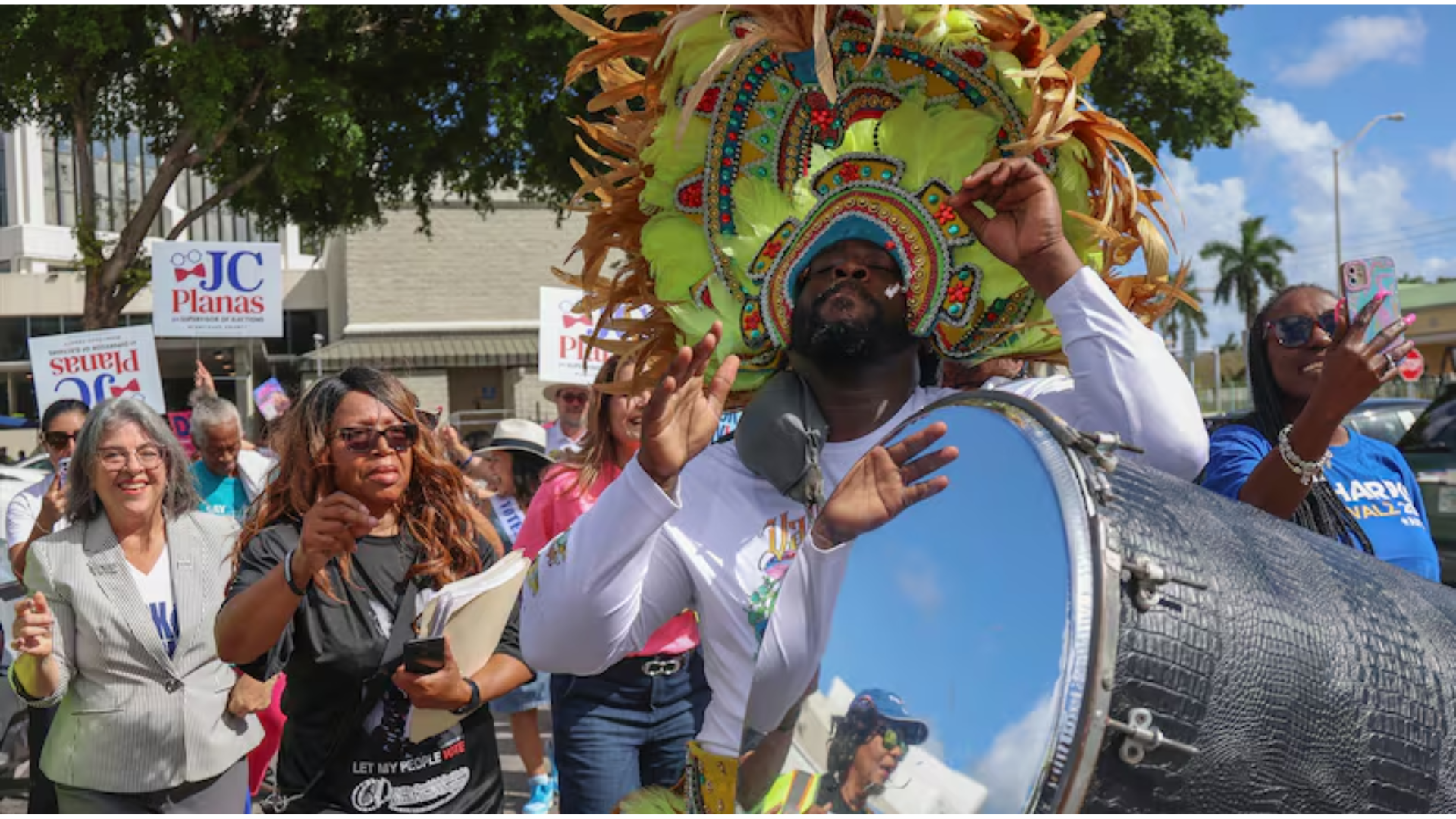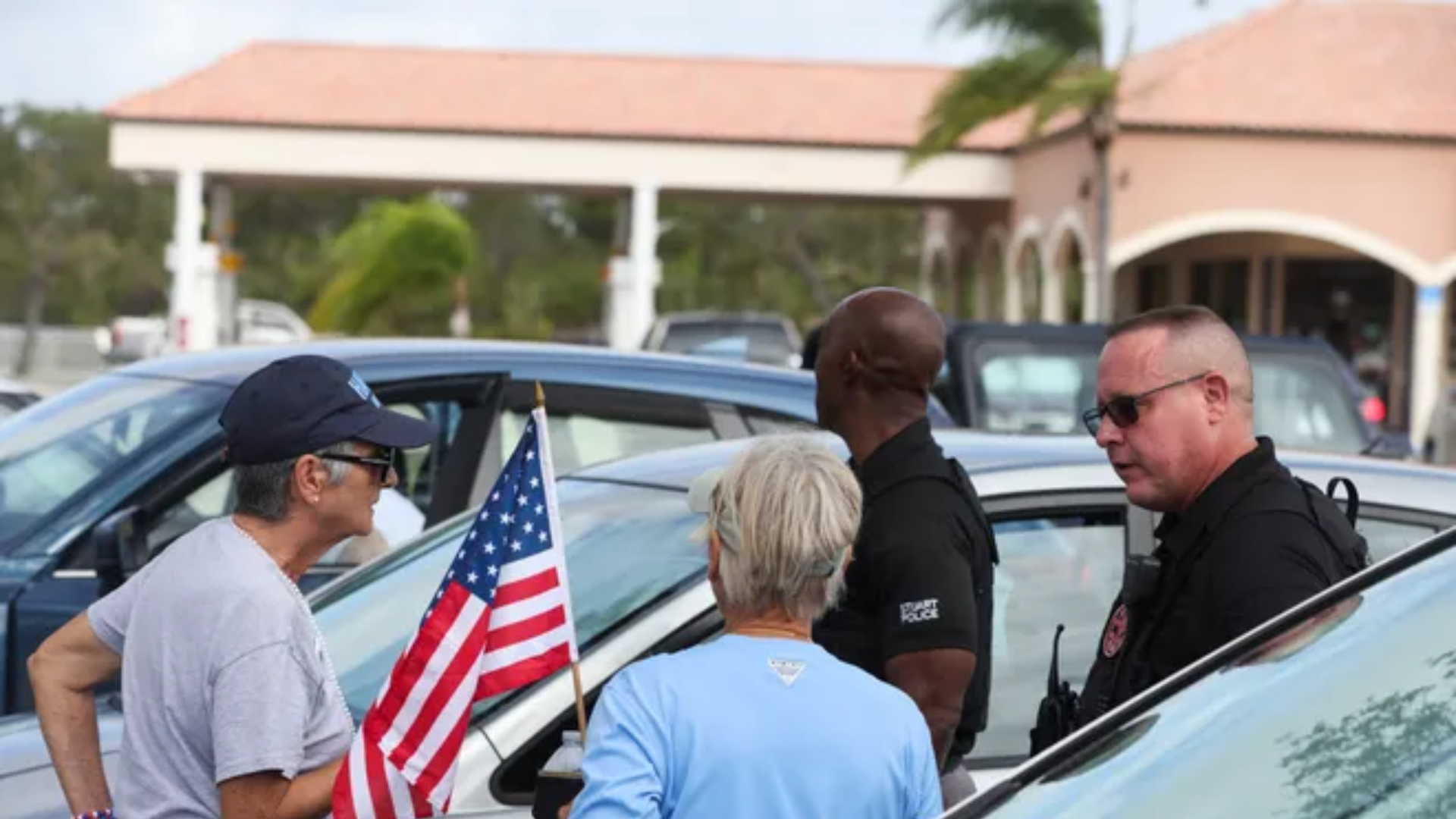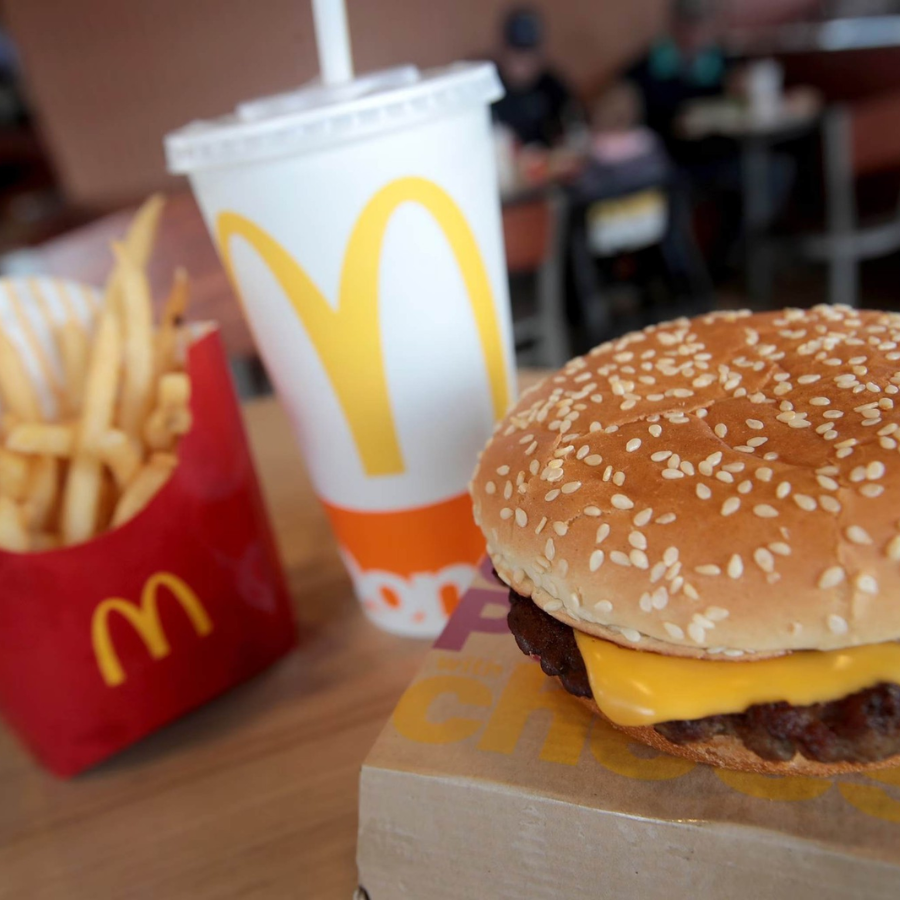
In recent weeks, McDonald’s has been hit with the first lawsuits related to a widespread E. coli outbreak affecting nearly 50 people across 10 states, with one fatality in Colorado. The lawsuits, filed in Cook County, Illinois, claim that McDonald’s is responsible for the contamination that led to the outbreak, and seek damages on behalf of the victims.
This legal action marks the beginning of what could become a larger confrontation for the fast-food giant as investigations into the source of the contamination continue.
Impact of the Outbreak
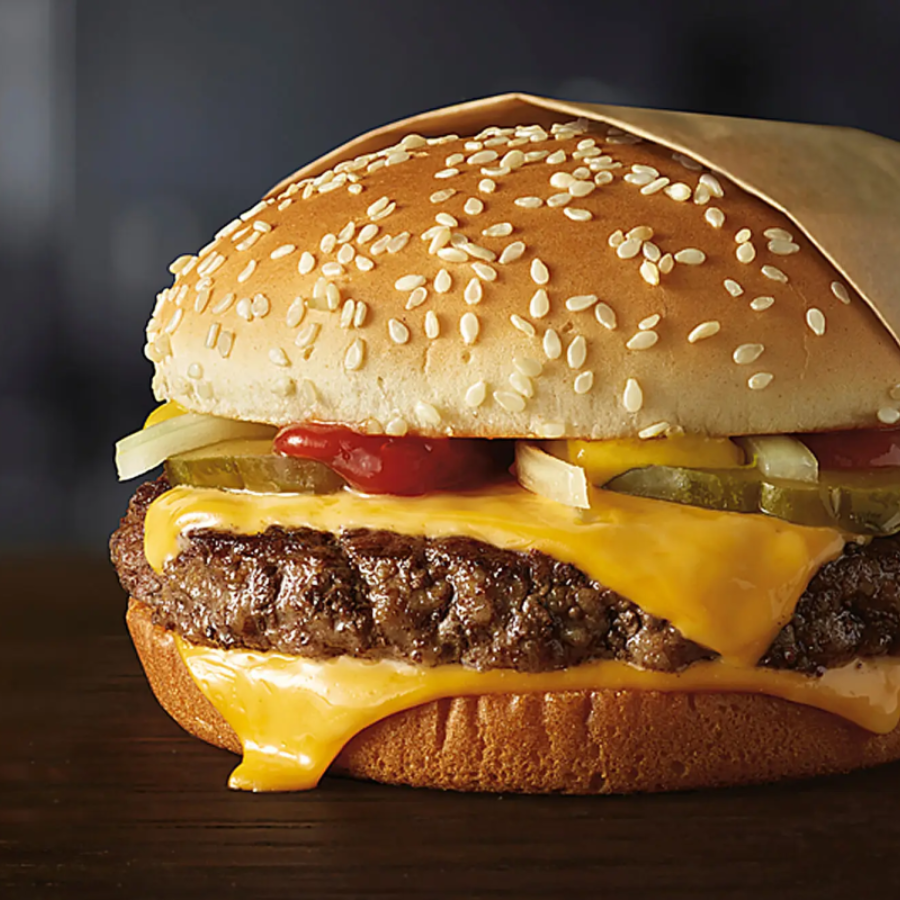
The outbreak has had serious consequences for those affected, with victims ranging in age from 13 to 88. Many of the individuals infected have reported symptoms typical of E. coli poisoning, including nausea, stomach cramps, bloody stools, and dehydration.
Ten people have been hospitalized, and one elderly resident in Colorado passed away as a result of the illness. Another individual developed hemolytic uremic syndrome, a dangerous condition that can lead to kidney failure, highlighting the severe nature of the outbreak.
The outbreak has been traced back to McDonald’s hamburgers, particularly their Quarter Pounder burgers, according to investigators. The Centers for Disease Control and Prevention (CDC) have been actively monitoring the situation, working to identify the specific ingredient responsible for the contamination.
While the investigation is ongoing, McDonald’s has pulled certain ingredients from stores in several states as a precautionary measure, including slivered onions and beef patties.
Legal Action and Accountability
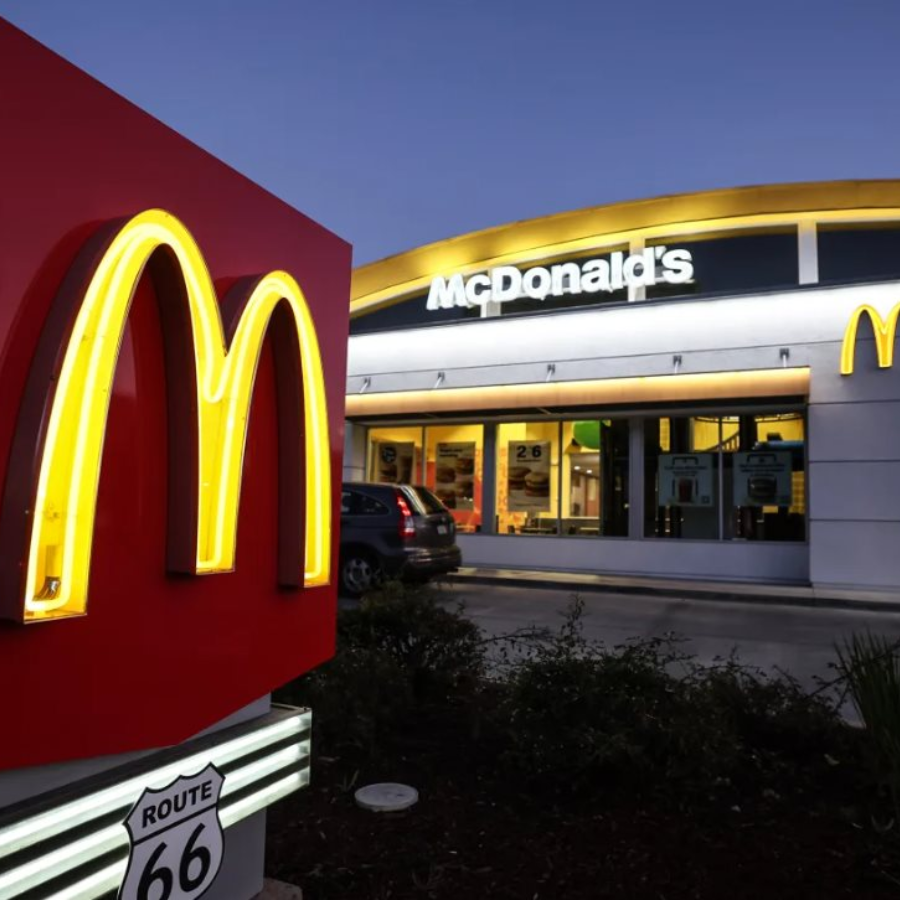
The first lawsuits were filed on behalf of victims like Eric Stelly, a resident of Colorado who fell ill after consuming a contaminated hamburger from McDonald’s.
Stelly’s symptoms developed two days after eating the burger, and he was later diagnosed with E. coli. His lawsuit, along with others, seeks to hold McDonald’s accountable for the contamination and to push the company to ensure that such outbreaks do not occur again in the future.
Another victim, Clarissa DeBock from Nebraska, has also filed a lawsuit after experiencing severe symptoms and testing positive for E. coli. Both lawsuits were filed by Ron Simon & Associates and Meyers & Flowers, LLC, legal firms specializing in food safety cases.
Attorney Ron Simon, representing several victims, emphasized that the goal is to ensure that McDonald’s takes responsibility for the outbreak and that American consumers can trust the safety of the food they are served.
Investigation and Future Implications
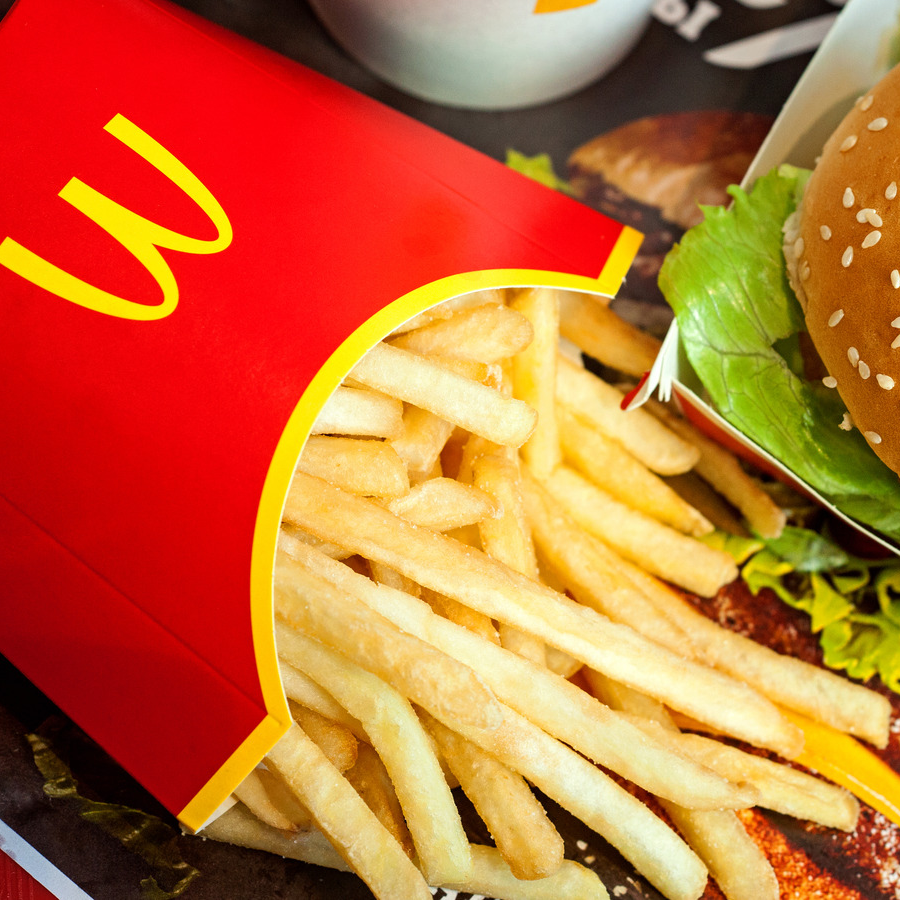
The CDC’s investigation into the outbreak is ongoing, with authorities trying to pinpoint the exact cause of the contamination. So far, Taylor Farms, a California-based supplier, has issued a recall for its yellow onions, which were initially identified as a possible source of the contamination.
However, the Food and Drug Administration (FDA) has stated that the diced onions used in McDonald’s locations were not involved in the outbreak. It is possible that the true number of those affected is higher than currently reported, as many individuals recover from E. coli poisoning without seeking medical care or being tested.
As the investigation continues and more victims come forward, McDonald’s faces increasing scrutiny over its food safety practices. The lawsuits aim to ensure that the company improves its processes to prevent future outbreaks and to compensate those who have been harmed by the contamination.
Moving forward, this case will likely serve as a significant reminder of the importance of food safety in the fast-food industry, where mass production and widespread distribution can quickly lead to large-scale public health risks.
With the legal battle just beginning, it remains to be seen how McDonald’s will respond and what measures will be put in place to prevent similar incidents from occurring in the future. For now, the company is facing a challenging period as it works to rebuild trust with its customers while addressing the ongoing public health crisis.





